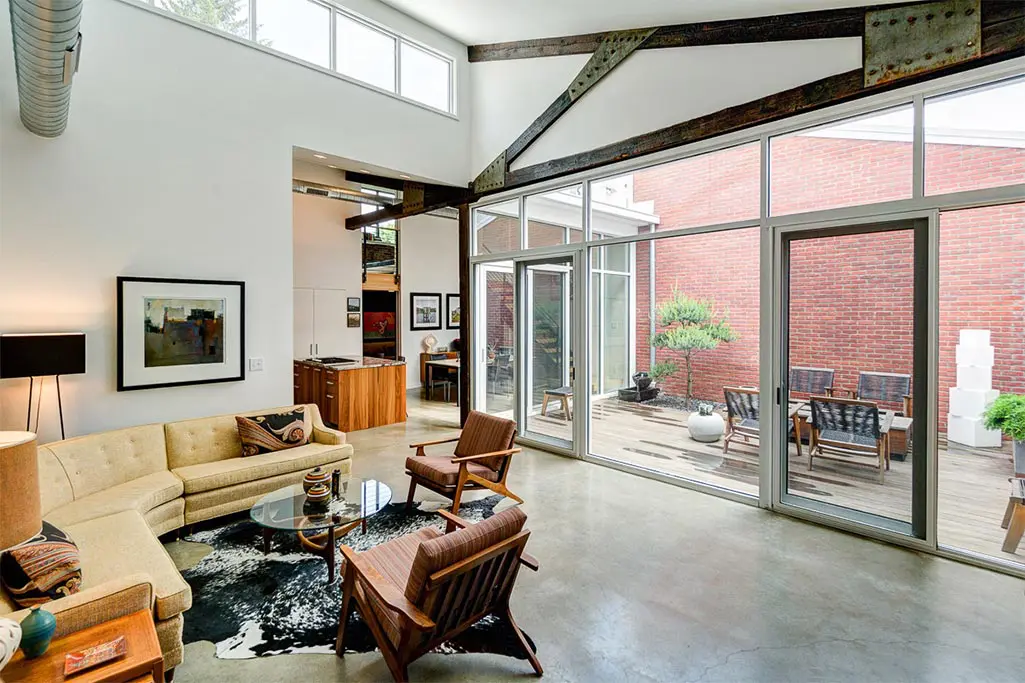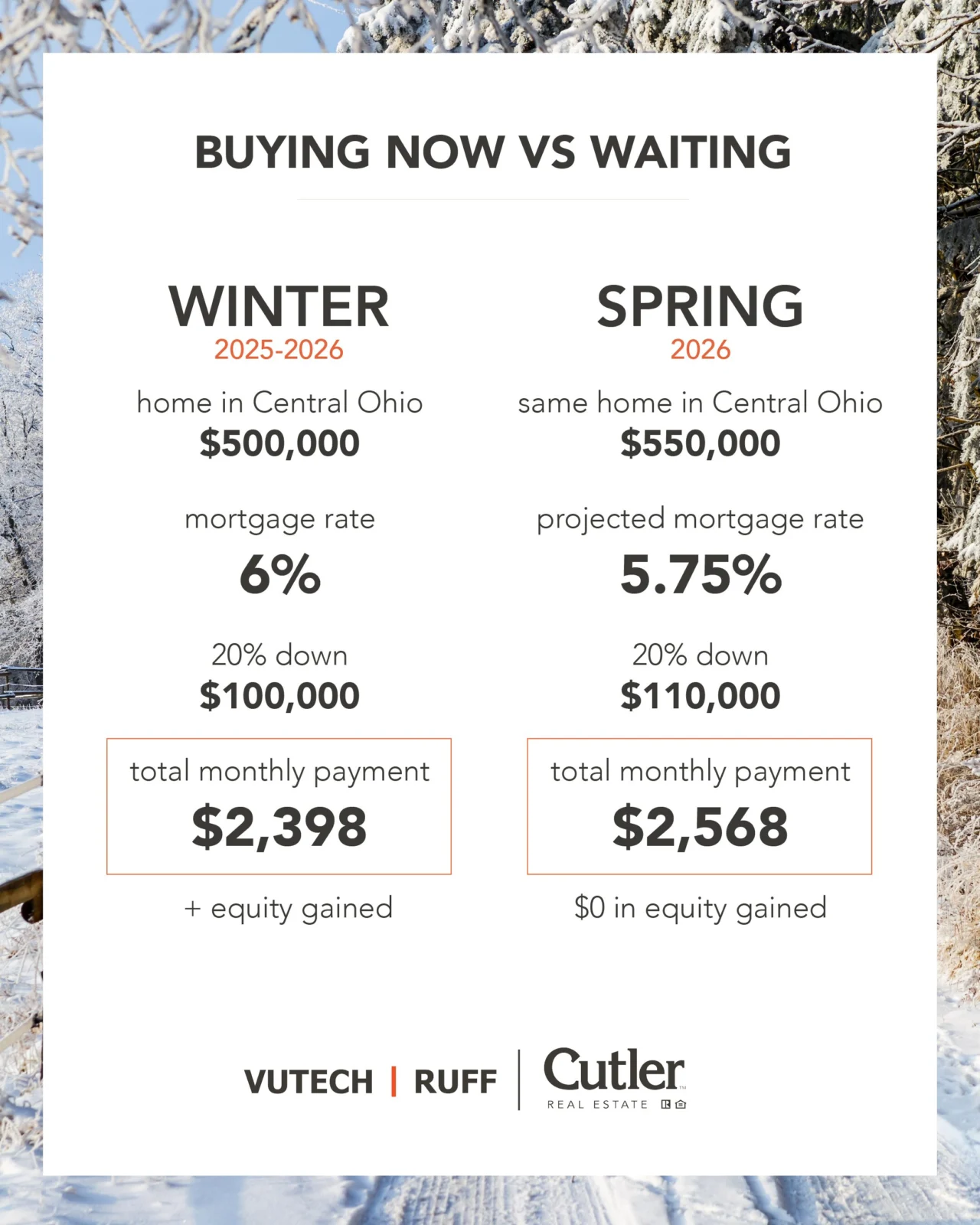Upper Arlington is a highly sought-after suburb located just northwest of downtown Columbus. Known for its tree-lined streets, strong community identity, and thoughtful city planning, it offers residents a blend of established neighborhoods, abundant green space, and convenient access to the region’s top amenities. With The Ohio State University bordering the city to the east and Griggs Reservoir to the west, Upper Arlington provides a walkable and welcoming environment for families, professionals, and long-time residents alike.
A Rich History
Upper Arlington’s history dates to 1913, when brothers King and Ben Thompson purchased 840 acres of farmland from James T. Miller. The area officially became the Village of Upper Arlington in 1918. Early planners intentionally designed the community with curved streets, pocket parks, and natural landscaping; principles inspired by the City Beautiful movement of the early 20th century.
Today, the Historic District still reflects this heritage through its preserved Tudor, Colonial Revival, and early 20th-century architectural styles.
Character and Charm of Upper Arlington
Upper Arlington is known for its well-established residential neighborhoods and carefully maintained streetscapes. The community features a mix of architectural styles, including historic homes in the original district, post-war residences throughout central UA, and newer custom-built homes in more recent developments. This diversity contributes to the city’s long-standing reputation for residential stability and strong property stewardship.
Parks and Green Spaces in Upper Arlington
One of Upper Arlington’s defining strengths is its commitment to parks and recreation. The city maintains more than 30 parks across roughly 10 square miles, offering residents access to playgrounds, athletic fields, tennis courts, walking paths, and passive green spaces.
A few local favorites include:
Northam Park which is the central gathering spot, home to community events, tennis courts, and the Upper Arlington Public Library.
Thompson Park is a peaceful retreat perfect for picnics, dog walks, and youth sports.
Fancyburg Park is perfect for family outings and known for its playground and open fields.
Upper Arlington’s Community Events and Tradition
Upper Arlington’s strong sense of community shines brightest through its year-round events and long-standing local traditions. Popular gatherings include:
Fourth of July Parade & Fireworks
Upper Arlington Labor Day Arts Festival
Winter Festival at Mallway Park
The city also offers recreation and enrichment programs for all ages, including youth sports, day camps, and activities designed for multigenerational families, adults, and older residents. These programs help foster a welcoming environment where newcomers can quickly feel at home.
A Thriving Local Scene
Upper Arlington is close to downtown Columbus for entertainment, but the city has plenty to enjoy, too. The newly redeveloped Kingsdale District is a fantastic location for restaurants, cafes, fitness studios, and shopping. Meanwhile, Lane Avenue is another excellent location for boutique retailers, local coffee shops, and fine dining options.
For a taste of the local culture, enjoy the seasonal Upper Arlington Farmers Market. The farmer’s market is held seasonally in front of St. Mark’s Episcopal Church. The market is an opportunity for residents to easily access locally grown fresh fruits, vegetables, produce, and goods.
Bob Crane Community Center
Opened in April 2025, The Bob Crane Community Center is a major addition to the city’s recreation offerings. The center celebrates the community’s interest in wellness, inclusivity, and lifelong learning. Located at 3200 Tremont Road, the center offers an indoor pool, playground, two gymnasiums, a walking/running track, cafe, fitness studios, and e-sports room. There are also dedicated event spaces, meeting rooms, program classrooms, an art gallery, and more.
Part of the space features square footage leased to The Ohio State University Wexner Medical Center for Orthopedic Physical Therapy and Integrative Medicine services.
A Place to Call Home
Upper Arlington offers residents the best of both worlds: established neighborhoods, abundant parks, and a strong sense of tradition, paired with convenient access to Columbus’s employment centers, cultural attractions, and university resources. With its historic charm, modern amenities, and dedication to community life, Upper Arlington remains one of Central Ohio’s most enduring and desirable suburbs.

